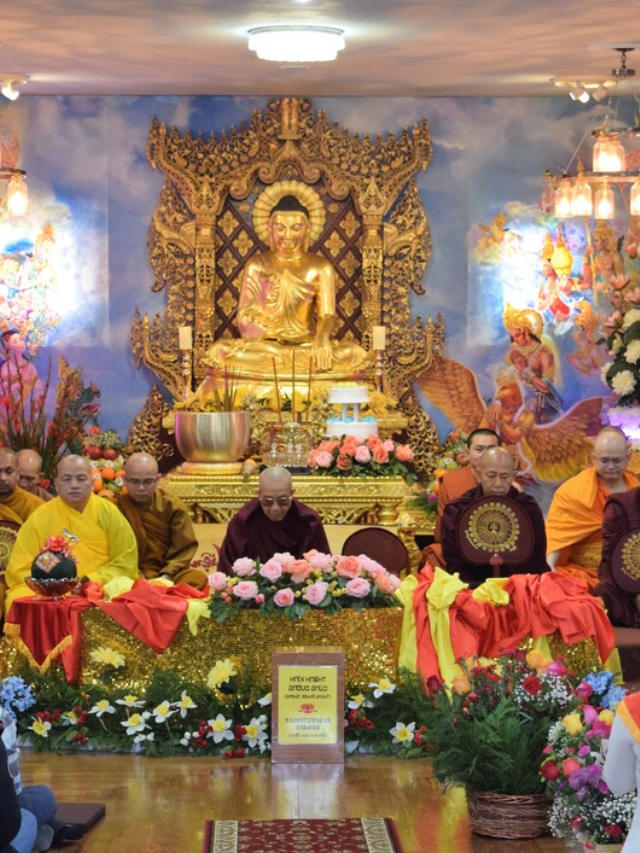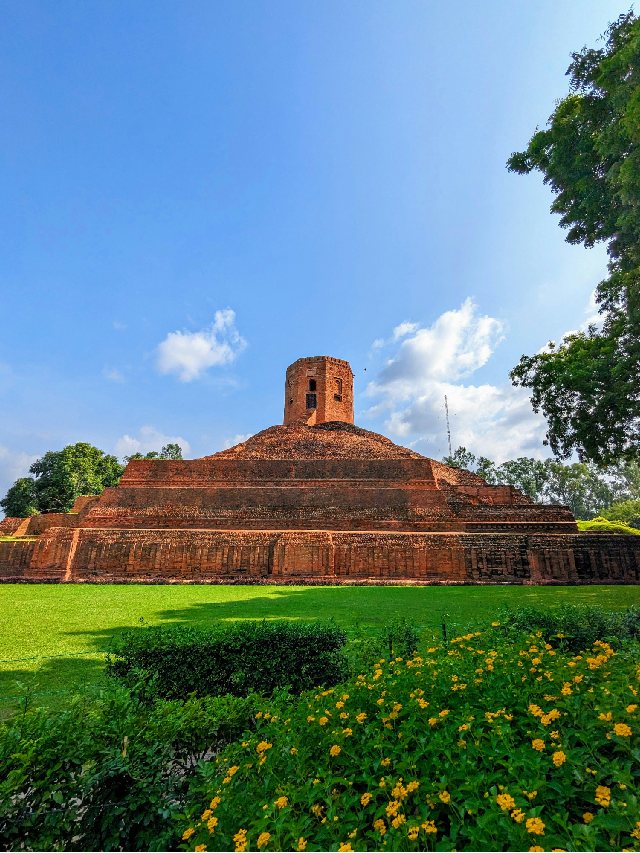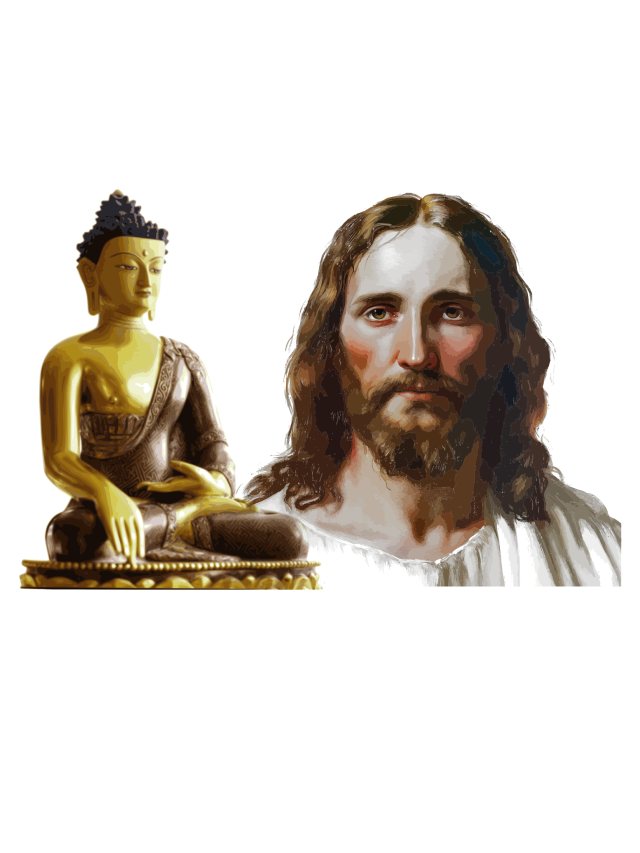Buddha Purnima, also known as Vesak or Buddha Jayanti, is an essential festival celebrated by Buddhists worldwide.
This auspicious day holds great significance as it marks the birth, enlightenment, and death (parinirvana) of Gautam Buddha, the founder of Buddhism. On this day, followers gather at monasteries and temples, engaging in prayers, meditation, and acts of kindness.
Table of Contents
Buddha Purnima is a time to reflect on the life and teachings of Buddha, who emphasized the importance of compassion, mindfulness, and self-realization.
The celebrations involve lighting oil lamps and offering flowers, incense, and food to statues of Buddha, symbolizing gratitude and devotion. In some countries, processions and cultural performances are held, showcasing the diversity and beauty of Buddhist traditions.
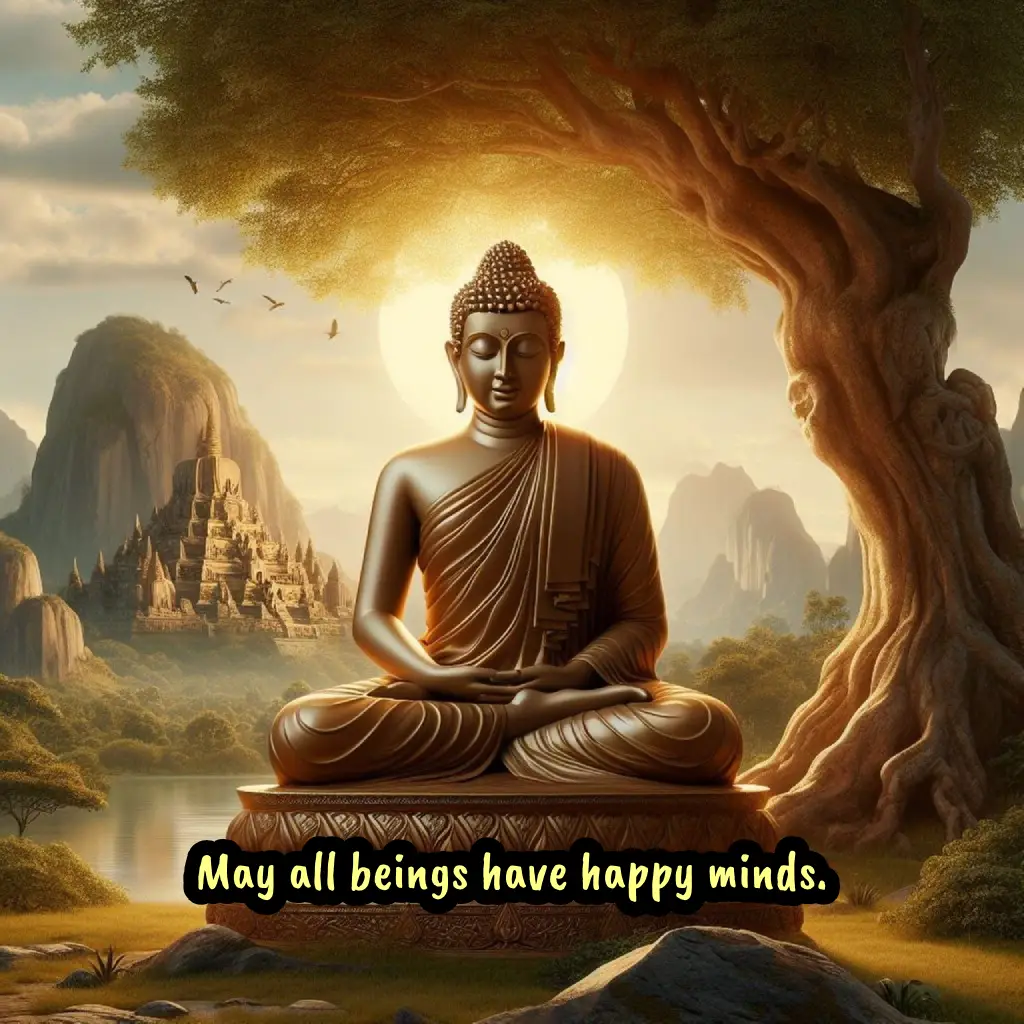
The observance of Buddha Purnima not only honors the historical figure of Gautam Buddha but also serves as a reminder of the profound impact his teachings have had on countless lives. It promotes a sense of harmony, peace, and spiritual awakening among its followers.
Joining in the festivities can be a way to gain insight into Buddha’s enlightenment and cultivate personal growth and inner peace.
The significance of Gautam Buddha’s enlightenment
Gautam Buddha’s enlightenment is a pivotal event in the history of Buddhism. Born as Siddhartha Gautama in Lumbini, a small town in present-day Nepal, he grew up in luxury but was deeply troubled by the suffering he witnessed around him. Determined to find a solution, he renounced his privileged life and embarked on a spiritual quest.
After years of rigorous ascetic practices, Siddhartha Gautama realized that extreme self-denial was not the path to enlightenment. He decided to pursue a middle way, which advocated balance and moderation in all aspects of life.
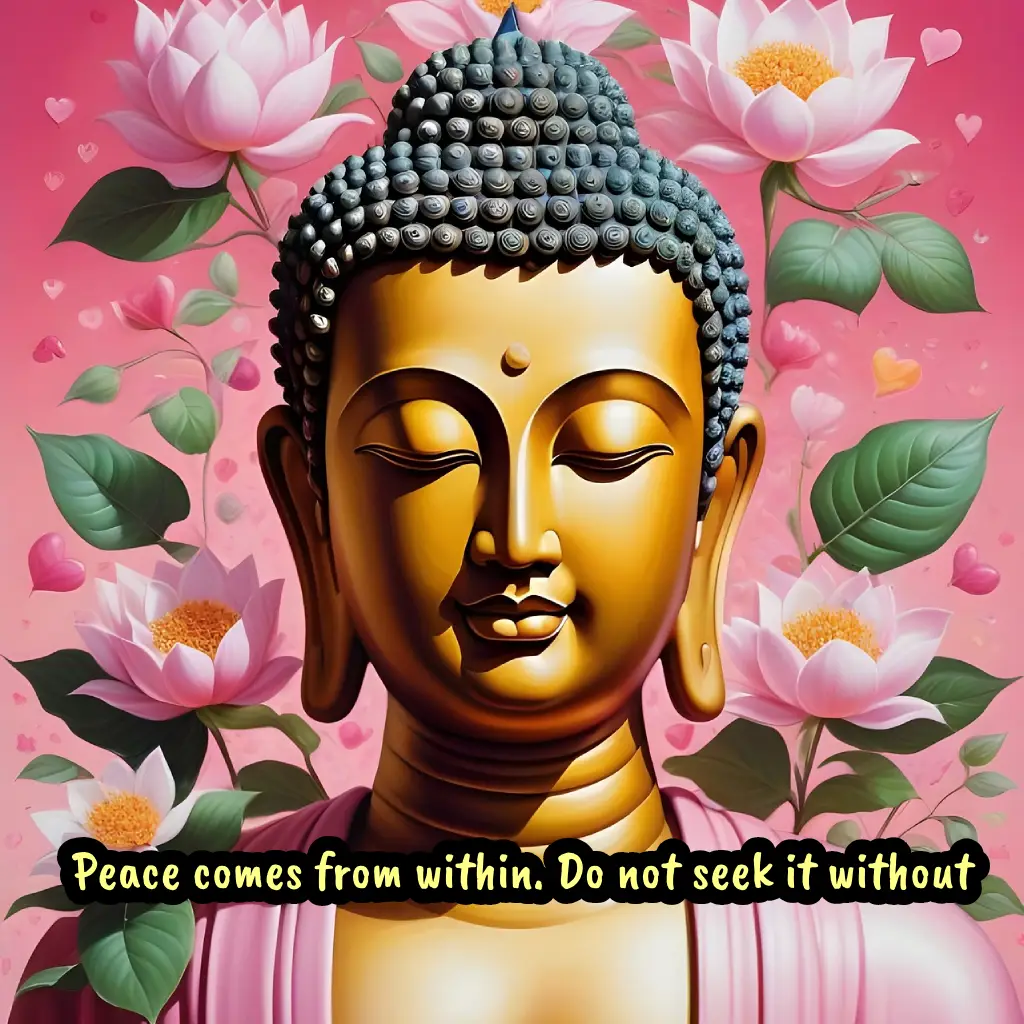
Sitting under the Bodhi tree in Bodh Gaya, India, Siddhartha entered deep meditation and attained enlightenment. From then on, he became known as Gautam Buddha, the awakened one.
Gautam Buddha’s enlightenment marked the end of his personal suffering and the beginning of his mission to guide others towards liberation.
His teachings, known as the Dharma, emphasized the Four Noble Truths: the truth of suffering, the truth of the cause of suffering, the truth of the cessation of suffering, and the truth of the path to the cessation of suffering. By understanding and practicing these truths, one could transcend suffering and achieve enlightenment.
History and origins of Buddha Purnima
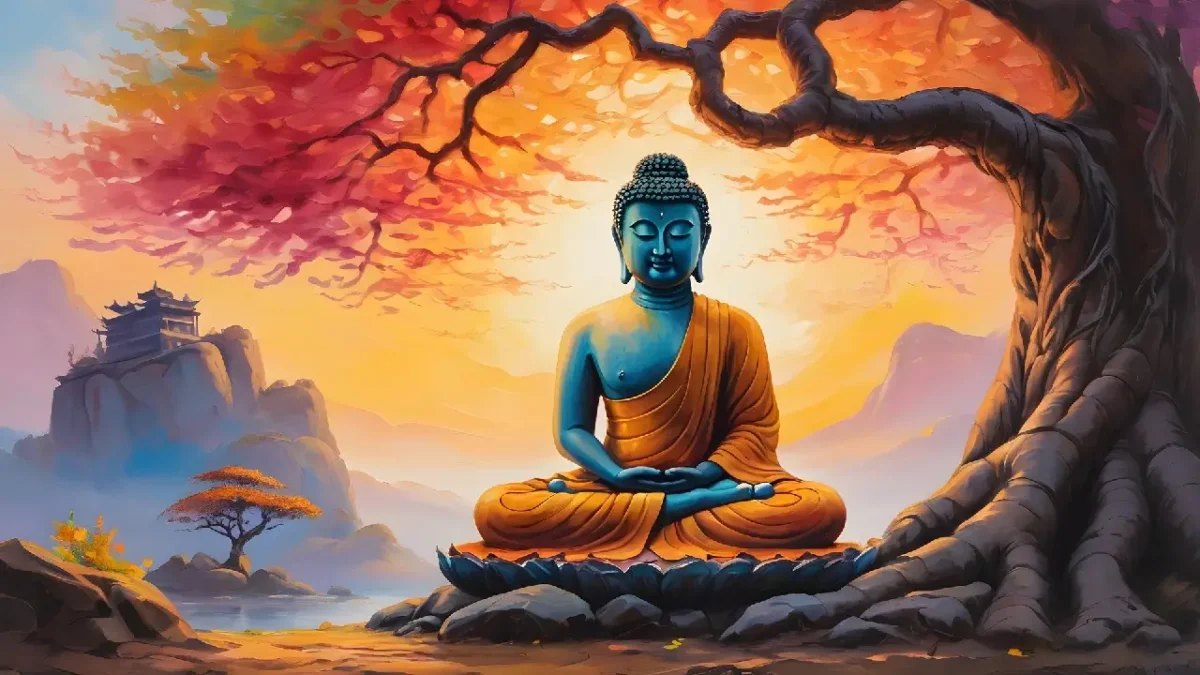
The celebration of Buddha Purnima dates back to ancient times and is deeply rooted in Buddhist traditions.
The festival’s origins can be traced to ancient India, where Buddhism originated around the 6th century BCE. As Buddhism spread to different parts of Asia, the observance of Buddha Purnima became an integral part of the Buddhist calendar in various countries.
In India, Buddha Purnima is celebrated with great enthusiasm as it holds special cultural and historical significance. India is the birthplace of Gautam Buddha, and several important Buddhist sites, such as Bodh Gaya and Sarnath, are located within the country. The Indian government has recognized Buddha Purnima as a national holiday, highlighting the country’s reverence for the Buddha and his teachings.
Traditions and customs associated with Buddha Purnima
Buddha Purnima is a time of spiritual reflection and religious observance for Buddhists around the world. The day is marked by various traditions and customs that vary across different countries and Buddhist communities. However, certain practices are commonly observed during this auspicious occasion.
One of the most significant customs is the lighting of oil lamps, which symbolizes the enlightenment of Gautam Buddha and the dispelling of darkness. Devotees light rows of lamps in monasteries, temples, and homes, creating a serene and illuminated atmosphere.
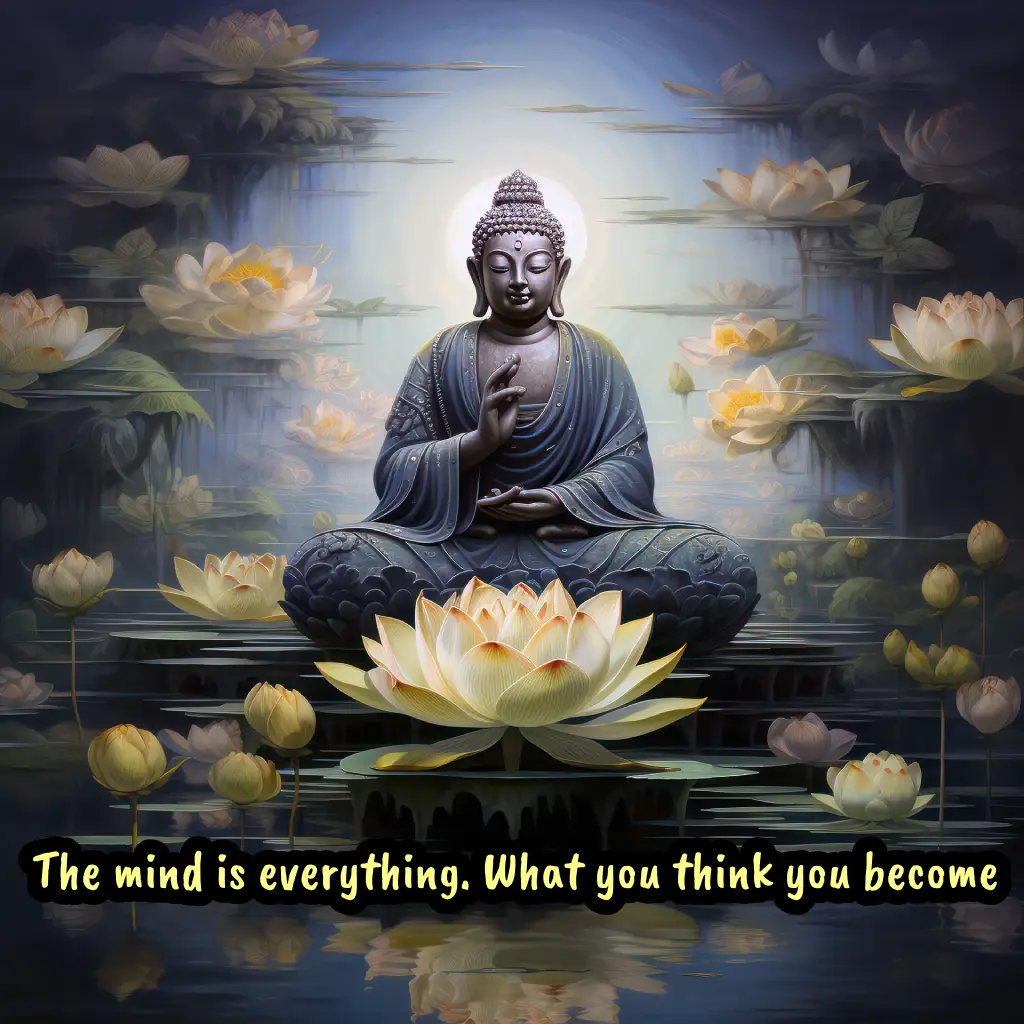
The flickering flames serve as a reminder of the inner light that resides within each individual and the potential for enlightenment.
Another important tradition is the offering of flowers, incense, and food to statues or images of Buddha. This act of devotion is a way to express gratitude for Buddha’s teachings and the impact they have had on one’s life.
Fresh flowers, often lotus blossoms, are carefully arranged around Buddha statues, while incense is burnt as a symbol of purification. Devotees also prepare special vegetarian meals and distribute them to the needy as an act of generosity and compassion.
Celebrations during Buddha Purnima

Buddha Purnima is a joyous occasion that brings together Buddhist communities in celebration and reflection. The day is marked by various rituals and ceremonies that vary from region to region but share a common purpose of honoring the Buddha and his teachings.
In many countries, devotees gather at monasteries and temples before dawn to participate in early morning prayers and meditation sessions. These practices help cultivate a sense of inner peace and mindfulness, aligning with the core teachings of Buddhism.
Chanting of Buddhist scriptures is also a common practice, with devotees reciting verses that contain profound wisdom and guidance.
Processions are a prominent feature of Buddha Purnima celebrations in some countries. Devotees dress in traditional attire and carry statues or images of Buddha through the streets, accompanied by music and dance.
These processions serve as a way to publicly display devotion and raise awareness about the teachings of Buddha.
Cultural performances, including traditional dances and musical recitals, are organized to showcase the rich heritage and diversity of Buddhist traditions. These performances not only entertain but also serve as a means to educate and inspire people about the values and principles that Buddhism upholds.
Importance of meditation and mindfulness in Buddhism
Meditation and mindfulness are integral aspects of Buddhist practice and play a crucial role in the observance of Buddha Purnima. Gautam Buddha himself discovered the path to enlightenment through deep meditation and encouraged his followers to engage in regular meditation practice.
Meditation is the practice of training the mind to focus and cultivate a calm and clear state of awareness. It involves various techniques, such as mindfulness meditation, loving-kindness meditation, and insight meditation.
Through consistent practice, meditation helps individuals develop a deeper understanding of their thoughts, emotions, and the nature of reality.
Mindfulness, on the other hand, is the practice of being fully present in the moment and non-judgmentally aware of one’s thoughts, feelings, and sensations. It involves paying attention to the present moment without getting caught up in worries about the past or the future. By cultivating mindfulness, individuals can develop a greater sense of clarity, peace, and compassion.
On Buddha Purnima, devotees often engage in extended meditation sessions to deepen their practice and connect with the teachings of Buddha on a profound level. The calm and serene atmosphere of monasteries and temples provides an ideal environment for introspection and self-reflection.
Through meditation, individuals can experience moments of stillness and insight, bringing them closer to the essence of Buddha’s enlightenment.
Spreading the teachings of Gautam Buddha on Buddha Purnima
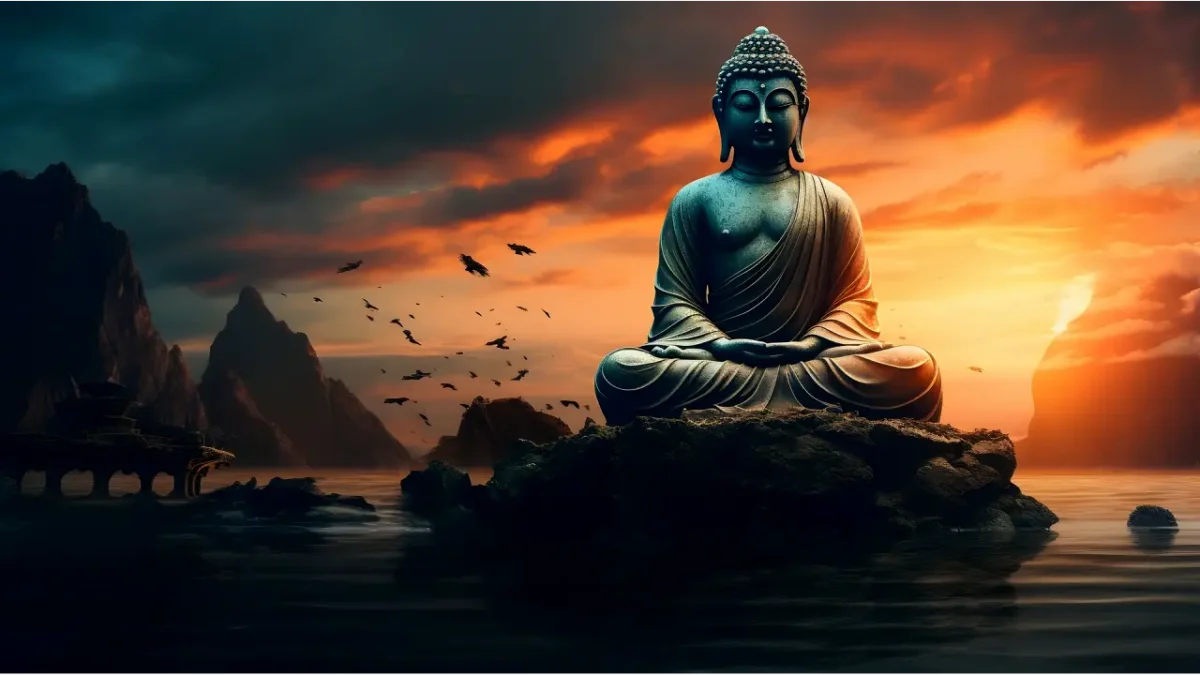
Buddha Purnima is not only a time of personal reflection and spiritual growth but also an opportunity to share the teachings of Gautam Buddha with others. The festival serves as a platform for Buddhist communities to disseminate the wisdom and principles of Buddhism to a wider audience.
During Buddha Purnima, Buddhist organizations and temples often organize public talks and lectures on various aspects of Buddhism. These talks cover a wide range of topics, including the Four Noble Truths, the Eightfold Path, and the principles of compassion and non-violence.
The aim is to educate people about the core tenets of Buddhism and inspire them to incorporate these values into their own lives.
In recent years, the internet and social media have played a crucial role in spreading the teachings of Gautam Buddha to a global audience. Many Buddhist organizations use these platforms to share inspirational quotes, teachings, and guided meditation practices. This digital outreach has made Buddhist teachings accessible to people from all walks of life, regardless of their geographical location.
Buddha Purnima Quotes
- “May all beings have happy minds.” – Gautama Buddha
Reflects the essence of Buddha’s teachings, promoting happiness and well-being for all.
- “Peace comes from within. Do not seek it without.” – Gautama Buddha
Emphasizes the importance of finding inner peace and contentment.
- “Three things cannot be long hidden: the sun, the moon, and the truth.” – Gautama Buddha
Highlights the inevitability of truth and enlightenment.
- “Do not dwell in the past, do not dream of the future, concentrate the mind on the present moment.” – Gautama Buddha
Encourages mindfulness and living in the present.
- “Health is the greatest gift, contentment the greatest wealth, faithfulness the best relationship.” – Gautama Buddha
Stresses the value of health, contentment, and fidelity.
- “The mind is everything. What you think you become.” – Gautama Buddha
Points to the power of thoughts in shaping one’s reality.
- “Hatred does not cease by hatred, but only by love; this is the eternal rule.” – Gautama Buddha
Advocates for love and compassion as remedies for hatred.
- “The only real failure in life is not to be true to the best one knows.” – Gautama Buddha
Encourages authenticity and living in alignment with one’s values.
- “Just as a candle cannot burn without fire, men cannot live without a spiritual life.” – Gautama Buddha
Emphasizes the importance of spirituality in life.
- “Better than a thousand hollow words, is one word that brings peace.” – Gautama Buddha
- Highlights the power of meaningful words to bring peace.
- Highlights the power of meaningful words to bring peace.
- “Every morning we are born again. What we do today is what matters most.” – Gautama Buddha
- Reminds us of the importance of the present and the actions we take today.
- Reminds us of the importance of the present and the actions we take today.
- “No one saves us but ourselves. No one can and no one may. We ourselves must walk the path.” – Gautama Buddha
- Encourages self-reliance and personal responsibility on the path to enlightenment.
- Encourages self-reliance and personal responsibility on the path to enlightenment.
- “To conquer oneself is a greater task than conquering others.” – Gautama Buddha
- Stresses the significance of self-discipline and self-mastery.
- Stresses the significance of self-discipline and self-mastery.
- “The root of suffering is attachment.” – Gautama Buddha
- Warns against attachment as the source of suffering.
- Warns against attachment as the source of suffering.
- “In the end, only three things matter: how much you loved, how gently you lived, and how gracefully you let go of things not meant for you.” – Gautama Buddha
- Summarizes the essence of a meaningful and peaceful life.
Global observance of Buddha Purnima | Vesak | Buddha Jayanti
Buddha Purnima is celebrated by Buddhists across the globe, regardless of their cultural or ethnic backgrounds. The festival serves as a unifying force that brings together people from different countries and communities under the common umbrella of Buddhism.
In countries like Thailand, Sri Lanka, and Cambodia, Buddha Purnima is a national holiday, and elaborate festivities are organized. The streets are adorned with colorful decorations, and temples are beautifully illuminated. Processions, cultural performances, and alms-giving ceremonies are some of the highlights of these celebrations.
In other parts of the world, where Buddhist communities are smaller in number, Buddha Purnima is observed with equal reverence and devotion. Temples and meditation centers organize special events, including meditation retreats, Dharma talks, and community service activities.
These gatherings provide an opportunity for like-minded individuals to come together, share experiences, and deepen their understanding of Buddhism.
Personal reflections and experiences on Buddha Purnima
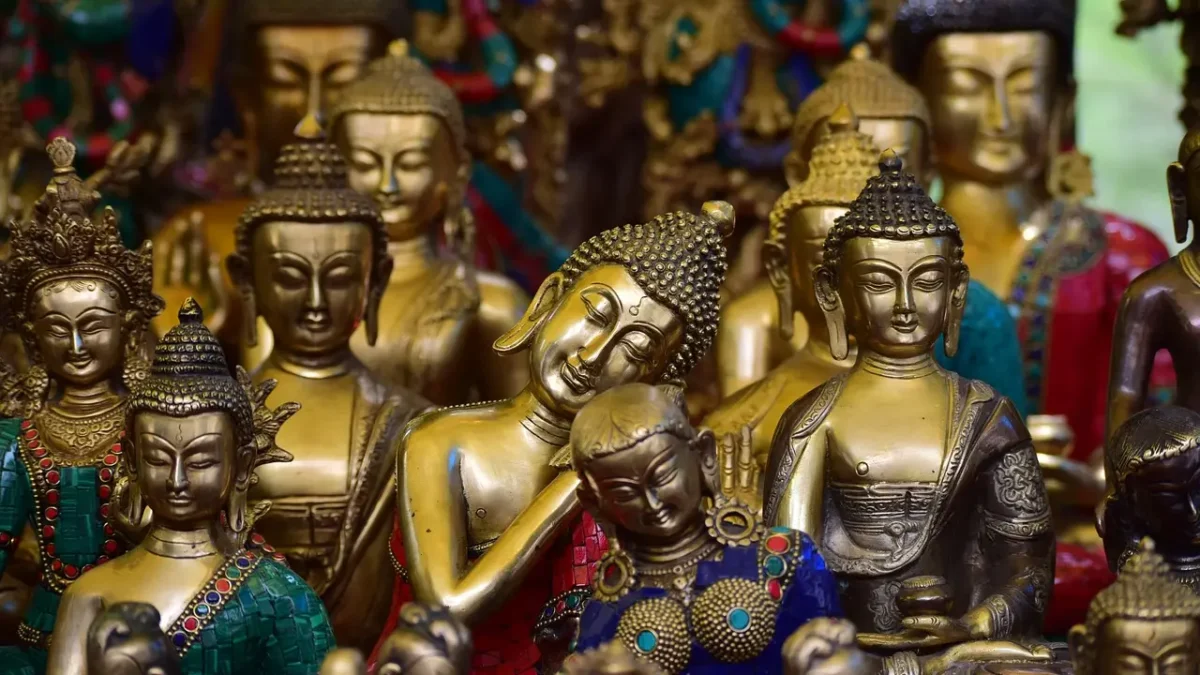
As a practitioner of Buddhism, Buddha Purnima holds immense significance in my life. It is a time for personal reflection, gratitude, and renewal of commitment to the path of awakening.
On this day, I make a conscious effort to engage in extended periods of meditation, allowing myself to dive deeper into the realms of consciousness and explore the interconnectedness of all beings.
Buddha Purnima is also a time for selfless service and acts of kindness. I participate in community outreach programs, such as food drives and blood donation camps, to embody the spirit of compassion and generosity that Buddha taught. These activities remind me of the importance of putting the teachings into action and extending kindness to all living beings.
The celebrations during Buddha Purnima create a vibrant and uplifting atmosphere. The sight of flickering oil lamps, the aroma of incense, and the sound of chanting and music transport me to a place of tranquility and inner peace.
Being surrounded by fellow practitioners and like-minded individuals strengthens my sense of belonging to a larger spiritual community.
You may like this: Curiosity About Buddhism In Marathi
Follow our Podcast: Buddha Dhamma in Marathi
Conclusion: Embracing peace and compassion on Buddha Purnima
Buddha Purnima is a time to celebrate the life and teachings of Gautam Buddha and to reflect on the profound impact his enlightenment has had on the world. The festival serves as a reminder of the universal values of compassion, mindfulness, and self-realization that Buddhism promotes.
By participating in the traditions and rituals associated with Buddha Purnima, individuals can gain insight into Buddha’s enlightenment and cultivate personal growth and inner peace.
The festival provides an opportunity to connect with the teachings of Buddha on a deeper level and to embody the qualities of peace, compassion, and wisdom in daily life.
As we celebrate Buddha Purnima, let us embrace the teachings of Gautam Buddha and strive to create a world where compassion and understanding prevail.
May this auspicious occasion inspire us to cultivate inner peace and extend kindness to all beings, for it is through our individual efforts that we can contribute to a more harmonious and compassionate society.
FAQ on Buddha Purnima | Vesak | Buddha Jayanti
Why is Buddha Purnima important?
Buddha Purnima is important because it marks three key events in Buddha’s life: his birth, his attainment of enlightenment, and his passing into Nirvana. These events are central to Buddhist teachings and are celebrated to honor Buddha’s contributions to spirituality and human enlightenment.
How is Buddha Purnima celebrated?
Celebrations of Buddha Purnima include prayer meetings, meditation sessions, sermons on Buddha’s teachings, and the chanting of Buddhist scriptures. Devotees often visit temples, offer flowers and candles, and participate in processions. Acts of kindness and charity are also common, as a way to honor Buddha’s teachings on compassion.
What is the significance of the full moon in Buddha Purnima?
The full moon is significant in Buddha Purnima as it is believed that Buddha was born, attained enlightenment, and passed away on full moon days. The luminous full moon symbolizes enlightenment and the Buddha’s pure, awakened mind.
Where is Buddha Purnima celebrated?
Buddha Purnima is celebrated in many countries with significant Buddhist populations, including India, Nepal, Sri Lanka, Thailand, Myanmar, Cambodia, Laos, Vietnam, and various other countries around the world where Buddhist communities exist.
What is Vesak?
Vesak is another name for Buddha Purnima, used predominantly in Sri Lanka and Southeast Asia. It is a public holiday in many of these countries and is celebrated with various religious and cultural activities.
How do different countries celebrate Buddha Purnima?
While the core aspects of the celebration remain the same, each country adds its unique cultural practices. For instance, in Sri Lanka, Vesak lanterns and pandals (decorative structures) are common. In Thailand, people make merit by giving alms to monks. In Japan, it is known as Hanamatsuri and involves the ritual of bathing Buddha statues in sweet tea.
What are some key teachings of Buddha reflected during Buddha Purnima?
Key teachings reflected during Buddha Purnima include the Four Noble Truths, the Eightfold Path, the practice of compassion and mindfulness, and the emphasis on ethical living and mental discipline.
How can one participate in Buddha Purnima if they are not Buddhist?
Non-Buddhists can participate in Buddha Purnima by visiting a local Buddhist temple, attending public lectures or meditation sessions, engaging in acts of kindness and charity, or simply learning more about Buddha’s teachings and reflecting on their universal values of compassion, wisdom, and peace.
Is Buddha Purnima a public holiday?
Yes, in many countries with significant Buddhist populations, such as India, Sri Lanka, Nepal, Thailand, and Myanmar, Buddha Purnima is a public holiday.
What are some traditional foods prepared on Buddha Jayanti?
Traditional foods vary by region but often include vegetarian dishes, sweet rice puddings, and fruit offerings. In some cultures, special meals are prepared and shared with the community or given to the poor.
What is the Bodhi tree’s significance on Buddha Purnima?
The Bodhi tree is significant because Gautama Buddha attained enlightenment under this tree. On Buddha Purnima, devotees often pay homage to the Bodhi tree, and rituals may include decorating it with garlands and offering prayers.
Can non-Buddhists participate in Buddha Purnima celebrations?
Yes, non-Buddhists are welcome to participate in Buddha Purnima celebrations. The festival’s message of peace, compassion, and wisdom is universal, and everyone is encouraged to join in the observances and learn about Buddha’s teachings.
